Netherlands-based Innatera, a developer of ultra-low power intelligence for sensors, has secured $21M (nearly €19.58M) in an oversubscribed Series A round of funding. This total includes an additional $5M (nearly €4.66M) on top of the $16M (nearly €14.92M) announced in March 2024.

Apparaten zoals fitnesstrackers meten continu sensordata zoals je hartslag. Met gepulste neurale netwerken kunnen hierin snel patronen worden gedetecteerd. Neuromorfische chips zoals die van het Nederlandse Innatera Nanosystems doen dat heel energiezuinig.
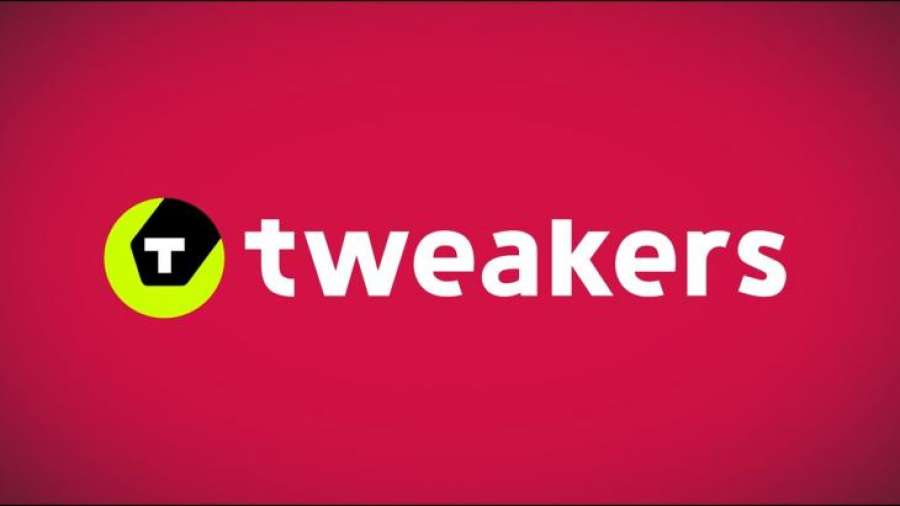
Innatera, een Nederlandse spin-off van de TU Delft, heeft aangekondigd bijna twintig miljoen euro aan investeringen te hebben opgehaald voor de ontwikkeling van zijn AI-chips. Innatera presenteerde zijn eerste chip eerder dit jaar, gebaseerd op RISC V-architectuur.

Netherlands-based Innatera, a developer of ultra-low power intelligence for sensors, has secured $21M (nearly €19.58M) in an oversubscribed Series A round of funding. This total includes an additional $5M (nearly €4.66M) on top of the $16M (nearly €14.92M) announced in March 2024.

While much of the tech world remains fixated on the latest large language models (LLMs) powered by Nvidia GPUs, a quieter revolution is brewing in AI hardware. As the limitations and energy demands of traditional deep learning architectures become increasingly apparent, a new paradigm called neuromorphic computing is emerging – one that promises to slash the computational and power requirements of AI by orders of magnitude.
But what exactly are neuromorphic systems? To find out, VentureBeat spoke with Sumeet Kumar, CEO and founder of Innatera, a leading startup in the neuromorphic chip space.
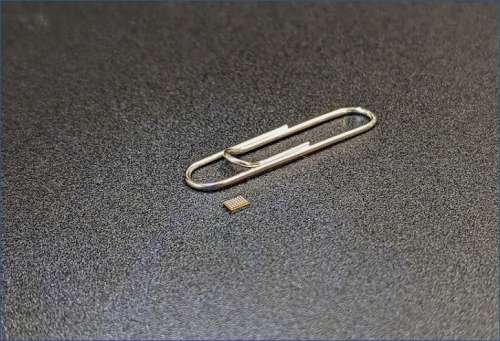
Het eerste kwartaal van 2024 sluit af met een magere maand maart voor investeringen in startups en scaleups. Tegenover een paar klappers van tientallen miljoenen voor Mews, Eye Security en TheyDo stonden opvallend weinig pre-seed en seedrondes.
Innatera: 15 miljoen voor chip die brein nabootst
Innatera, een spin-out van TU Delft die zogenoemde neuromorfische chips ontwikkelt, haalde 15 miljoen euro op voor zijn processor, die mechanismen van de hersenen voor het verwerken van sensorgegevens nauwgezet nabootst. Het geld kwam van het Invest-NL Deep Tech Fonds en het Europese EIC Fund. Bestaande investeerders als Delft Enterprises lapten bij.
Met het verse kapitaal kan het bedrijf van ceo Sumeet Kumar de opstart van de massaproductie van de superzuinige processors versnellen, nieuwe toepassingen ontwikkelen en de samenwerking met klanten opschalen.
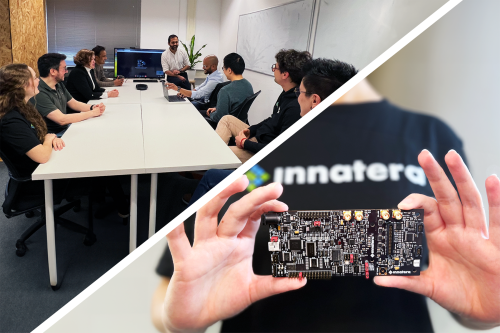
Innatera Nanosystems has announced the successful closing of an investment round in which it has raised 15 million euros to bring its ultra-low-power neuromorphic processors to sensors and sensor-based devices. The money comes from Invest-NL’s Deep Tech Fund, the EIC Fund and existing backers MIG Capital, Matterwave Ventures and Delft Enterprises. It enables the TU Delft spinoff to accelerate the ramp-up of volume production, broaden the applicability of its products and scale up customer collaborations.
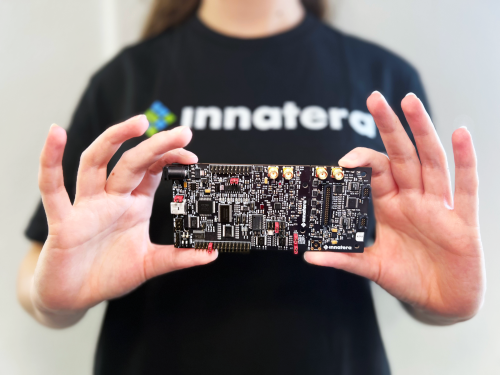
Dutch chip startup up Innatera has raised €15m for its neuromorphic edge AI technology.
The Series A round at Innatera is to scale up its production and broaden its customers for sensor-based edge AI applications using its neuropmorphic spiking neural network (SNN) technology.
The investment came from Invest-NL Deep Tech Fund, the EIC Fund, MIG Capital, Matterwave Ventures and Delft Enterprises.
“With the sensors becoming more complex it’s a large volume of data which needs to be sent into the cloud, and this simply takes too long and costs too much. That’s the reason why more of the processing is coming close to the sensor,” said Sumeet Kumar, cofounder and CEO at Innatera.
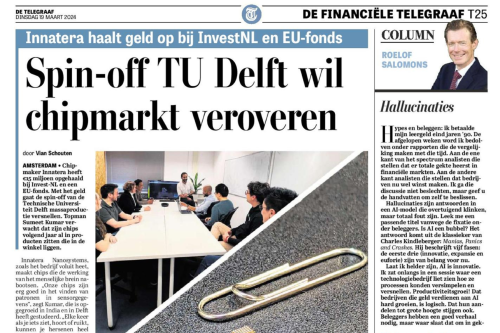
AMSTERDAM • Chipmaker Innatera heeft €15 miljoen opgehaald bij Invest-NL en een EU-fonds. Met het geld gaat de spin-off van de Technische Universi-teit Delft massaproduc-tie versnellen. Topman Sumeet Kumar ver-wacht dat zijn chips volgend jaar al in pro-ducten zitten die in de winkel liggen.
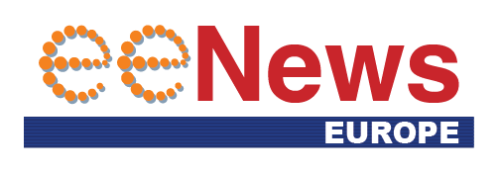
Dutch chip startup Innatera has shown its neuromorphic microcontroller for edge AI sensor applications based on the RISC-V open instruction set architecture.

Science financier NWO is providing funding for two TU/e research projects led by professors Henk Corporaal and Federico Toschi. They can use the money to develop more energy-efficient AI processors and take computational fluid dynamics to a higher level. A total of nine projects will receive a total of more than nine million euros from NWO. Consortium partners, including Innatera, are contributing nearly another one and a half million euros in co-funding. Dr. Amir Zjajo leads Innatera's involvement in the NWO project.
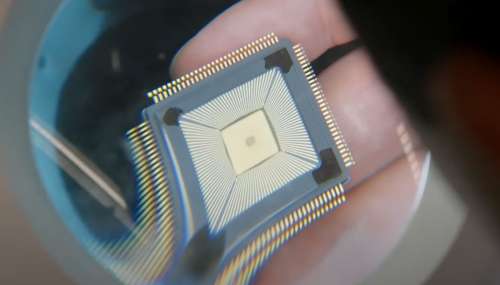
The province of South Holland highlighted Innatera as one of the leading AI innovators in the region. Watch this short interview with Innatera CEO Sumeet Kumar!

Sifted spoke to VCs from Atmos Ventures, Seraphim Space, Omnes Capital, FORWARD.one and Amadeus APEX Technology Fund

Innatera's chip takes information from a sensor, converts it into spikes, and encodes the content based on when these spikes occur. The chip mimics the brain by scaling the current going into and coming out of the artificial neuron. The goal is not to disrupt the AI flow into the cloud but to replace AI chips on the edge that cannot currently make on-device decisions. The chip reduces the process of converting analog signals to digital by converting analog signals into spikes.
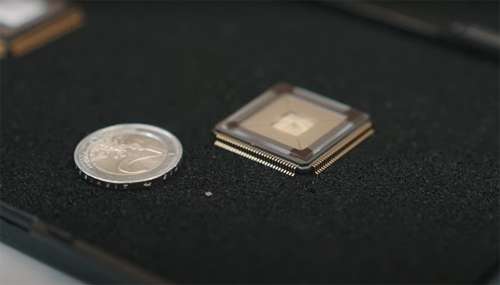
Intel Ignite is an internationally renowned acceleration program for early-stage deep tech startups. Launched in 2019 by Intel, the Ignite program aims to fuel a global ecosystem of deep tech innovation by empowering a diverse network of founders, mentors, domain experts, and investors to co-create enduring, industry-defining technology companies.